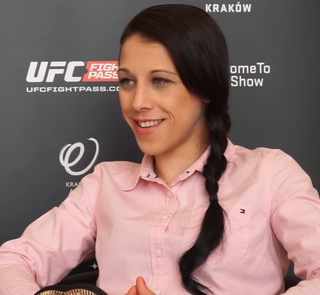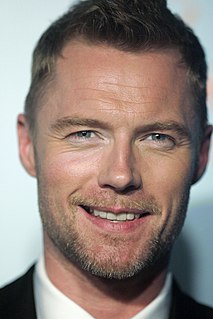A Quote by Richard Ford
I wouldn't be a very good writer if someone hadn't taught me how to read.
Related Quotes
Writers are great lovers. They fall in love with other writers. That's how they learn to write. They take on a writer, read everything by him or her, read it over again until they understand how the writer moves, pauses, and sees. That's what being a lover is: stepping out of yourself, stepping into someone else's skin.
How does it happen that a writer who's not even very good - and I can say that, I've read four or five of his books - gets to be in charge of the world's destiny? Or of the entire universe's?" If he's not very good, why didn't you stop at one?" Mrs. Tassenbaum smiled. "Touché. He is readable, I'll give him that - tells a good story.
I'm not a good writer, and I don't care. Unfortunately, after I left college, I didn't have time much for literature. I wish I did. Most of the time I read documents, and that's not going to help your writing. But I'm a very logical writer, and you can't get out of me. Once I've nailed you, you're finished.
No one reads to hear someone complain about the weather or how poorly their children are behaving. You have to give the readers a reason to turn the page. As a writer you have to invite someone to turn the page. And that is a skill you have to refine. That is why you have to read. You have to read to learn what it is that makes people turn the page.
From a very young age, my parents taught me the most important lesson of my whole life: They taught me how to listen. They taught me how to listen to everybody before I made up my own mind. When you listen, you learn. You absorb like a sponge - and your life becomes so much better than when you are just trying to be listened to all the time.
I don't think you could teach someone to be a genius, but you can certainly teach them to not make rookie mistakes and to look at writing the way a writer looks at writing, and not just the way a reader looks at writing. There are a lot of techniques and skills that can be taught that will be helpful to anybody, no matter how gifted they are, and I think writing programs can be very good for people.
Tips can make someone a better writer but not necessarily a good writer. That's a larger package - a matter of character. Golfing is more than keeping the left arm straight. Every good golfer is a complex engine that runs on ability, ego, determination, discipline, patience, confidence, and other qualities that are self-taught. So it is with writers and all creative artists. If their values are solid their work is likely to be solid.







































